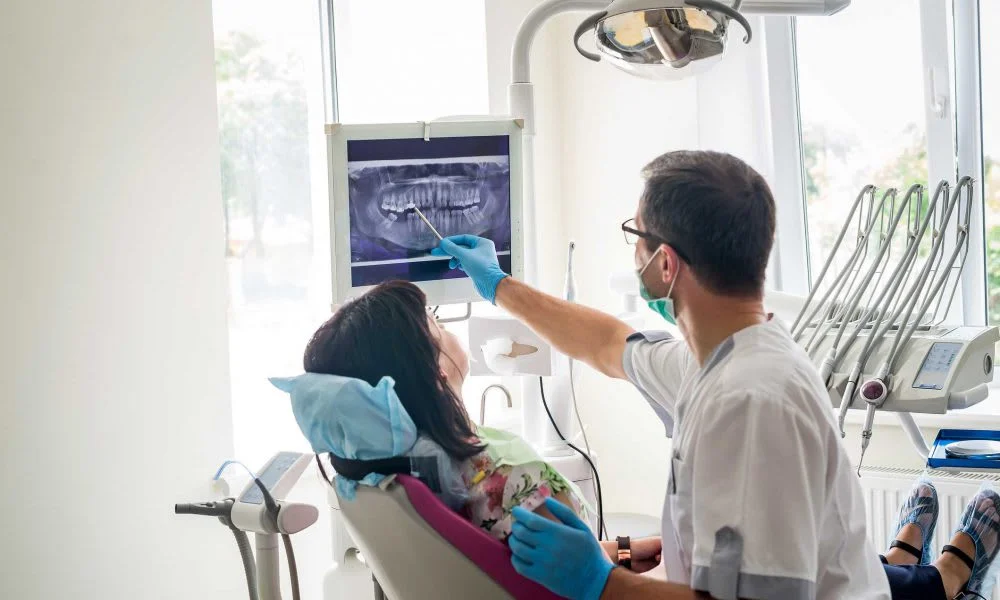How do dentists achieve a better work-life balance?

Dental professionals dedicate their lives to improving patient health, often at the expense of their time and energy. Finding harmony between professional demands and personal life enriches patient care and individual fulfilment.
Challenges of dental practice
The dental profession presents unique physical and mental demands. Long hours spent on precise procedures, managing patient anxieties, and maintaining a successful practice create a complex web of responsibilities. These challenges impact personal time, family relationships, and overall life satisfaction.
Creating boundaries in professional practice
Setting precise office hours sets the foundation for work-life harmony. Implementing efficient scheduling systems prevents appointment overflow and creates predictable workdays. This structure allows time for personal activities, family commitments, and self-care routines.
Essential strategies for maintaining balance
- Schedule dedicated personal time
- Block specific hours for family activities
- Reserve time for exercise and health maintenance
- Plan regular vacations and breaks throughout the year
- Practice management optimization
- Delegate administrative tasks effectively
- Implement efficient patient scheduling systems
- Utilize modern dental technology to streamline procedures
- Physical and mental wellness practices
- Incorporate ergonomic equipment and proper posture
- Practice stress-reduction techniques between patients
- Maintain regular exercise routines

Dentists’ well-being improves significantly when surrounded by skilled professionals who share the vision of excellent patient care while respecting work-life boundaries.
Embracing technology and automation
Modern dental practice management software streamlines operations, reducing administrative burden. Digital scheduling, automated reminders, and electronic health records minimize after-hours work, creating space for personal time.
Wise financial management creates stability and reduces stress. Establishing clear business goals, maintaining healthy cash flow, and planning for future investments provides peace of mind. Wellbeing for Dentists correlates directly with financial security and practice sustainability.
Professional development and growth
Continuing education enhances clinical skills and practice efficiency. Investing in learning new techniques and technologies ultimately saves time and reduces stress in daily practice.
Creating a wellness-focused practice culture
- Team wellness initiatives
- Regular staff appreciation activities
- Flexible scheduling options
- Promoting work-life balance for all team members
- Physical workspace optimization
- Ergonomic equipment investment
- Comfortable break areas
- Natural lighting and a pleasant environment
- Mental health support
- Regular team check-ins
- Access to professional counselling resources
- Stress management workshops
Role of personal relationships
Strong personal relationships sustain professional success. Prioritizing time with family and friends provides emotional support and life satisfaction outside the dental practice.
Measuring success beyond clinical outcomes
- Quality metrics
- Patient satisfaction scores
- Team retention rates
- Personal time management goals
- Personal fulfilment indicators
- Family time quality
- Hobby engagement
- Physical health maintenance
- Professional satisfaction
- Career development progress
- Practice growth goals
- Work enjoyment levels
Long-term sustainability planning
Creating sustainable practice models ensures long-term success and personal satisfaction. This includes succession planning, associate development, and practice transition strategies.
Achieving balance represents an ongoing journey rather than a destination. Dental professionals who actively pursue work-life harmony create more sustainable practices, provide better patient care, and enjoy more fulfilling personal lives. This balanced approach ensures long-term success in both professional and personal domains.
By implementing these strategies and focusing on personal well-being, dental professionals create practices that serve their patients and their personal lives effectively. This balanced approach leads to sustained professional satisfaction and personal fulfilment.







